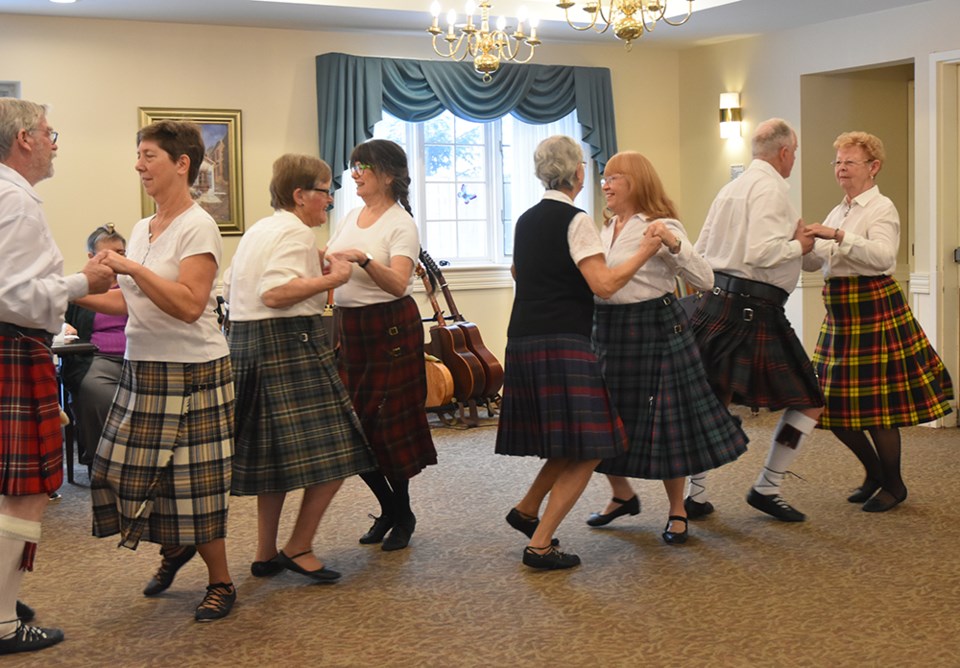Robbie Burns, Scotland’s National Poet, might just be the perfect poet for the era of COVID-19.
Burns was born on January 25, 1759 in Alloway, South Ayrshire in Scotland, during the Age of Enlightenment - a period that introduced new philosophies and the Scientific Revolution, and saw the rise of both humanism and rationalism.
It was also an era when epidemic disease, including Smallpox and Diptheria, ravaged populations.
Burns’ poetry not only celebrated romantic love, the beauty of his native Scotland, and the dignity of the Common Man, but also the vulnerability and fragility of existence itself.
In To a Mouse, he pities the mouse facing sudden disaster when the plow destroys its nest, and finds a comparison with the human condition:
I’m truly sorry man’s dominion/Has broken Nature’s social union/An’ justifies that ill opinion, which maks thee startle/At me, thy poor earth-born companion an’ fellow mortal!...
But Mousie, thou art no thy lane/In proving foresight may be vain:/The best-laid schemes o’ mice an’ men Gang aft a-gley/An’ lea’e us nought but grief an’ pain, For promis’d joy.
When Burns wrote in Scots dialect, it was revolutionary.
Less than two decades before he was born, an uprising led by Bonnie Prince Charlie against Hanoverian and English rule ended in the slaughter of Highland clans at Culloden. The aftermath of defeat included the Highland clearances, that continued well into the 19th century, along with the banning of Clan tartans, bagpipes, and Gaelic, and a general negative view of things Scottish.
The Scots tongue was, in the mid-18th century, described as an “uncouth brogue.”
But Burns celebrated Scottish traditions - including the Haggis, which he called the Great Chieftain o’ the Puddin-race – and expressed some of the era’s noblest thoughts on humanity and equality, in Scots.
Burns died in 1796 at the age of only 37, already recognized as ‘The Bard of Scotland.’ During his brief lifetime, he wrote over 600 songs and poems, some bawdy and humorous, some deeply insightful, in both Standard English and Scots.
Five years after his death, friends hosted the first Robbie Burns Dinner, celebrating Highland traditions, and reciting Burns’ poetry – including the Address to a Haggis.
Perhaps his most famous poem, known and sung around the world, is Auld Lang Syne, whose bittersweet lyrics refer to days gone by, an expression of separation, isolation, and nostalgia:
Should auld acquaintance be forgot and never brought to mind?/ Should auld acquaintance be forgot and days of auld lang syne?/For auld lang syne, my dear, for auld lang syne/We’ll drink a cup of kindness yet/For the sake of auld lang syne.
This year’s Robbie Burns Night celebrations were put on hold, as the Omicron variant of COVID surged and the province mandated new closures – but Scots everywhere still raised “a cup of kindness yet” to toast the Plowman Poet and Bard of Ayrshire.



